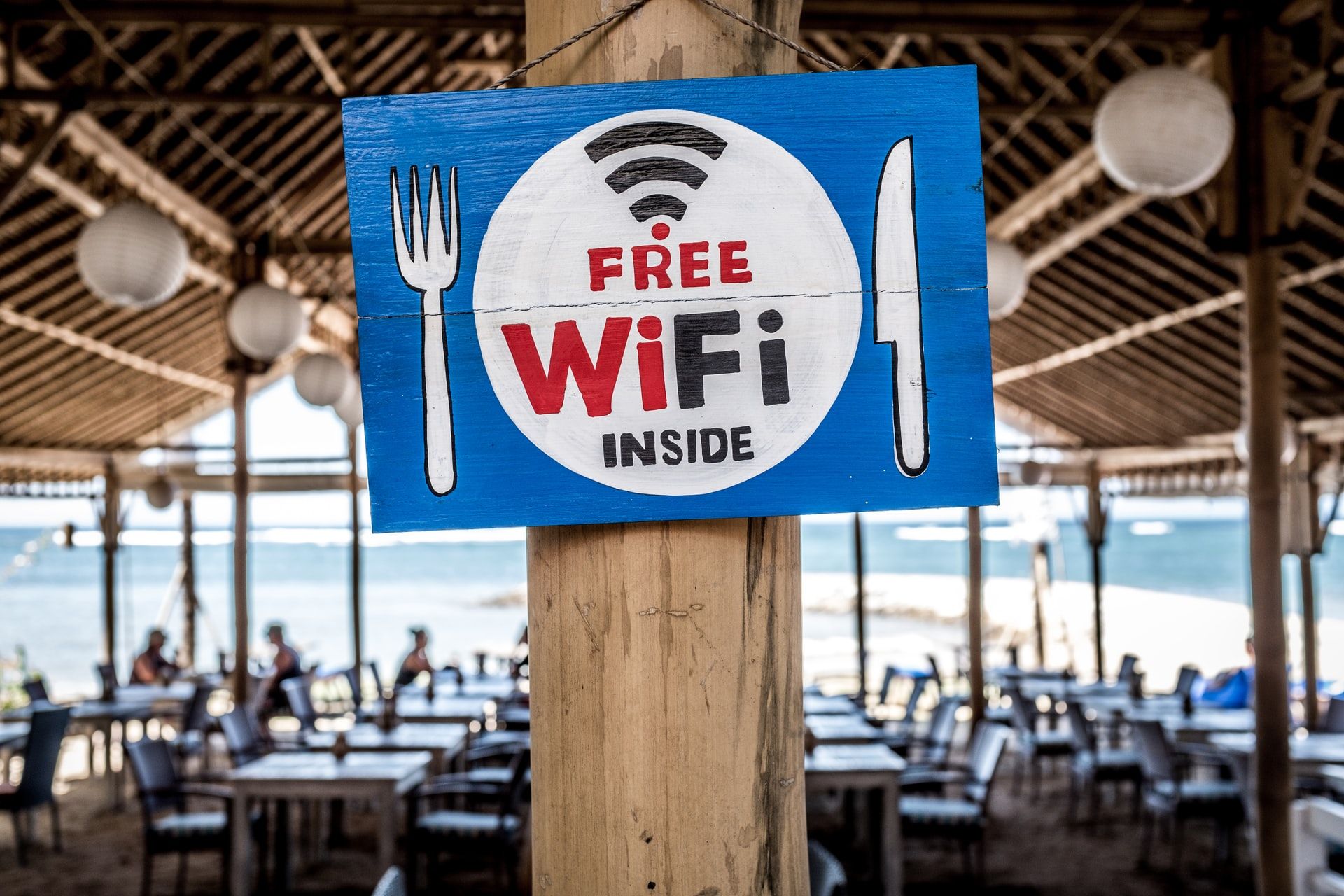Bitcoin or Cryptocurrency as an industry has been around for the past decade. It wasn’t until late 2020, that the world started getting interested not only in Bitcoin but cryptocurrencies as a whole.
Some view Cryptocurrencies as a hedge against inflation, some view them as a store of value, and some trade cryptocurrencies to earn an income. And needless to say, in any financial market, there will be bad players who are out there to get an easy win by taking advantage of unsuspecting users who accidentally leak out their private information or have their devices hacked.
There are many stories of how exchanges, projects, or even individuals have lost funds due to negligence, losing a password, or just simply getting phished by clicking on the wrong link.
But here are some ways, you can keep your cryptos safe.
TL;DR: Things you can do to keep your crypto safe.
- Keeping your Cryptocurrencies safe can be as easy as applying the following steps:
- Use Cold Wallet to store your main cryptocurrencies. Cold wallets provide an additional layer of security, requiring you to physically interact with the device to make a transaction.
- Avoid storing large amounts of crypto in exchanges. Crypto exchanges can "fold", halt withdrawals, and get hacked.
- Use a VPN if you are using "Free Wifi". Hackers can put themselves between you and the internet access point where they can steal your personal information.

Using Cold Wallets
If you are new to crypto, learning to use a cold wallet is probably one of the best ways to keep your crypto safe. There are 2 kinds of wallets available, a Cold Wallet and a Hot Wallet.
A Cold Wallet refers to an offline wallet or a wallet that isn’t connected to the internet. These wallets are the most secure as the only way to process or approve a transaction is by interacting with the physical device.
Cold wallets require some technical knowledge and are more suited for advanced users with large amounts of cryptocurrencies.
On the other hand, a Hot Wallet is a wallet that is constantly connected online or a wallet which you can quickly do transactions from. Generally, the wallets that we use the most frequently are hot wallets because it provides the convenience of doing transactions at any point in time.
But because of this convenience, it makes these wallets more vulnerable to hackers and it’s not recommended to keep large amounts of cryptocurrencies in these wallets.

Avoid keeping large amounts of Cryptocurrencies on exchanges
Exchanges are vulnerable to hackers as well, from 2013 to 2022, more than 20 different exchanges of various sizes have suffered hacks or security breaches. The largest exchange hack happened to Mt. Gox which was handling about 70% of the total Bitcoin transactions back in 2014.
Mt. Gox suffered a loss of 740,000 bitcoins that belonged to their customers and on top of that Mt. Gox lost 100,000 bitcoins that were owned by the exchange. The total loss that Mt. Gox suffered was $460m.
Other than being susceptible to hacks, exchanges can halt withdrawals or even fold overnight which results in users losing their funds. Crypto exchanges folding could be due to reasons such as security breaches or government jurisdictions which can result in a loss of funds if you are not kept up to date with the latest news or notifications from the exchange.
Don’t Trust The Internet
With so much information about crypto getting passed around each day, it’s not uncommon for us to check out the prices of crypto from our favorite exchange apps, maybe do a quick transaction to buy the dip or sell some cryptocurrencies to take some profits.
Doing all these transactions will require an internet connection of some form, and these days, there are many places that offer free wifi if you are patronizing their services like buying a coffee from a cafe or having a meal at a restaurant.
Free WiFi might seem like a good deal for a meal, but if a hacker is able to place themselves in between you and the internet connection point, they can and might steal your information before relaying the connection to the internet connection point.

Once they establish a connection, they are able to access your system as if it was you, which can lead to you losing your funds or password for your other applications.
A solution to this is to use a VPN service that allows you to surf the internet with peace of mind, because the VPN uses encryption that scrambles your data and information, rendering it unreadable while connected to a public WiFi network. Without a VPN, the internet service provider will have access to your information like emails, passwords, and browsing history.
As cryptocurrencies pick up in popularity, bad players will also constantly evolve their ways of getting access to your funds. By being mindful, you can keep yourself safe while navigating through the crypto sphere. If you practice a strict security protocol, it will enable you to keep your information and funds safe from these bad actors.
Get your crypto journey started with Coins.ph
Coins.ph is regulated by the Bangko Sentral ng Pilipinas (BSP) and is the first-ever blockchain-based company in Asia to hold both Virtual Currency and Electronic Money Issuer licenses from a central bank.
Sign up for a Coins.ph account now to start trading OR download the Coins.ph app. Once you have verified your account, you can convert PHP into the cryptocurrencies of your choice.
Join the Coins Community
Connect with like-minded crypto enthusiasts! Be the first to learn about our news and campaigns.
Join us on:
- Twitter: https://twitter.com/coinsph
- Discord: https://discord.io/coinscommunity
- Telegram (Announcements): https://t.me/coinsph_announcements
- Telegram (Community): https://t.me/coinsphfilipino
- Instagram: https://www.instagram.com/coinsph/
- Facebook: https://www.facebook.com/coinsph/





